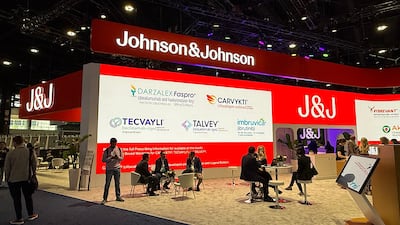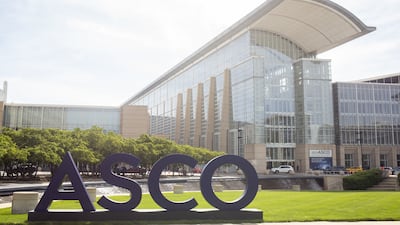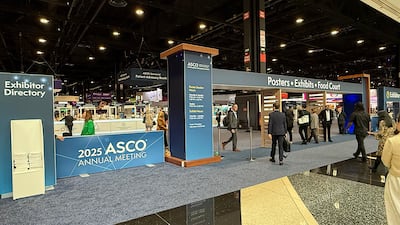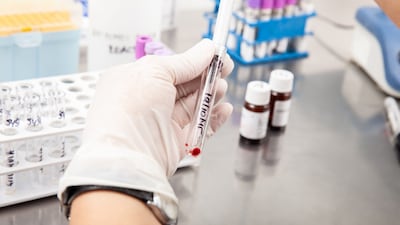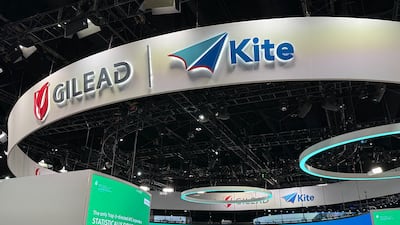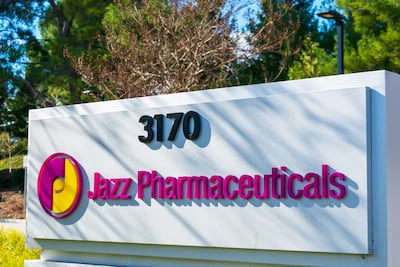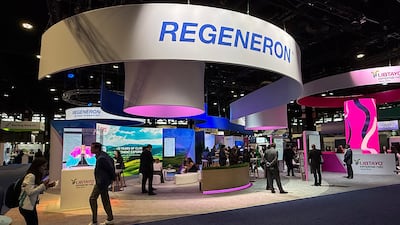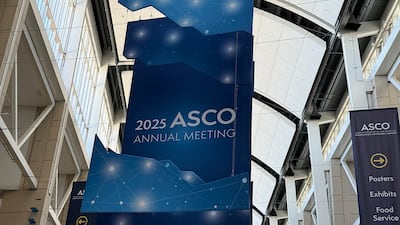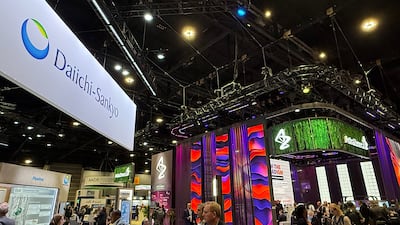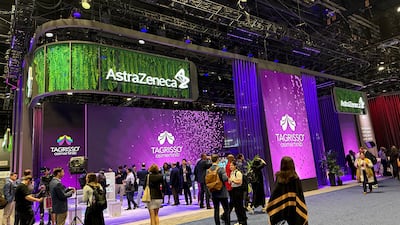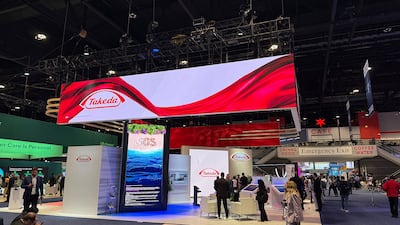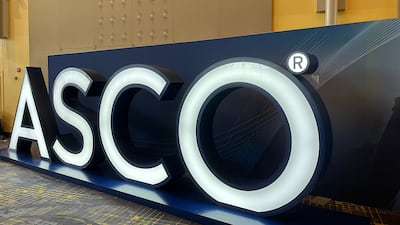ASCO
Deal Snapshot: The French drugmaker has been shifting its investments away from cancer to focus on immunology and inflammation but it continues to seek out interesting early-stage oncology assets.
The drugmaker presented data from its Phase I study of JNJ-79635322 at ASCO and EHA showing a 100% response rate in BCMA- and GPRC5D-naïve patients.
Antibody-drug conjugates are a major part of the oncology pipeline, and data presented at the American Society of Clinical Oncology meeting highlight the emergence of new technologies.
Innovent presented data on multiple pipeline assets at ASCO, including promising OS results for its first-in-class anti-PD-1/IL-2α-bias bispecific. The Chinese firm is also continuing to build out its metabolic disease portfolio and consider its partnering strategies, its CEO tells Scrip.
Henlius is investigating the optimum dose for its PD-L1-targeting antibody-drug conjugate HLX43 to support potential first-line use, its CEO explains to Scrip.
The company presented Phase I data for CART-EGFR-IL13Rα2, showing patient responses in the notoriously hard-to-treat and deadly brain cancer.
IGI CEO tells Scrip about the “very encouraging” feedback at ASCO to promising early data for the firm's first-in-class investigational trispecific antibody in multiple myeloma. Is a licensing deal in the offing?
Gilead’s Kite division presented Phase I data for its next-generation CAR-T therapy KITE-363 in patients with B-cell lymphomas.
J&J presented data at the American Society of Clinical Oncology meeting showing more than five-year disease- and therapy-free survival, but a myeloma working group will need to define what makes a cure.
The company is raising the money to fuel development of its head and neck cancer candidate, petosemtamab, on the back of promising early data. Some analysts are stopping short of declaring it the winner against a rival product from Bicara, however.
US green light will further expand sales of the prostate cancer blockbuster.
Small-cell lung cancer treatment is rapidly evolving, but Jazz and Roche are set to create a new maintenance therapy setting with their Zepzelca plus Tecentriq combination.
The company highlighted the KLK2-targeting agent’s safety at ASCO but it may have to rely on combinations to make pasritamig competitive.
The drugmaker presented oral abstracts at the meeting for Libtayo in adjuvant cutaneous squamous-cell carcinoma and linvoseltamab in multiple myeloma.
ASCO sees the debut of Lupin’s PRMT5 inhibitor candidate LRNP7457, currently in Phase I studies in India. While no drug with this mechanism of action has been approved anywhere so far, several candidates are in clinical trials.
Data presented at ASCO supports use of AZ’s Imfinzi for perioperative gastric cancer and BMS’s Opdivo for adjuvant treatment of head and neck cancer.
Data from AstraZeneca/Daiichi’s breast cancer trial showed positive PFS, but some oncologists are waiting for confirmation of statistically significant OS benefit.
AstraZeneca presented data from the SERENA-6 trial that experts said could represent a significant change in how HR+/HER2- breast cancer is treated.
Takeda/Protagonist are awaiting 52-week data to confirm the results from the VERIFY trial of the drug in polycythemia vera.
Gilead chief medical officer Dietmar Berger said in an interview that the company plans to quickly take the results to regulators and foresees broad first-line use of the drug.


